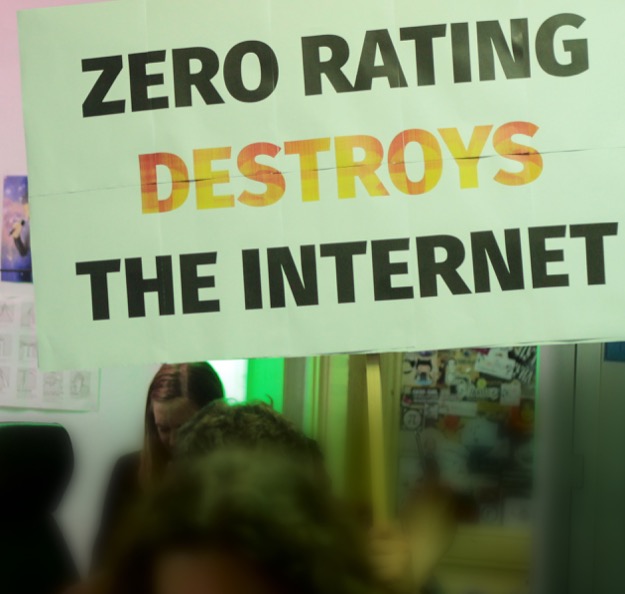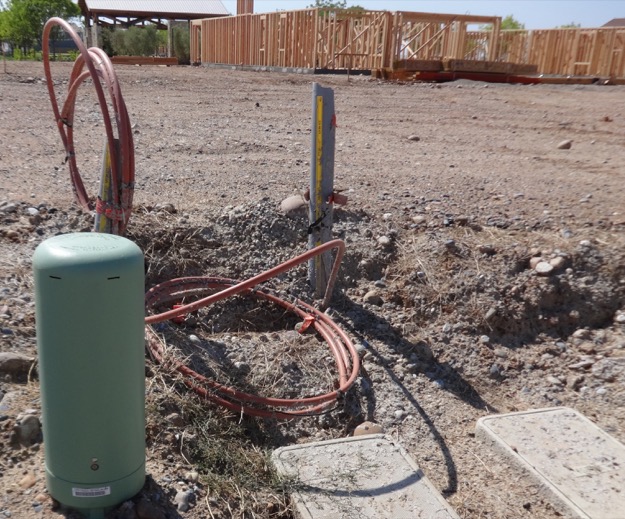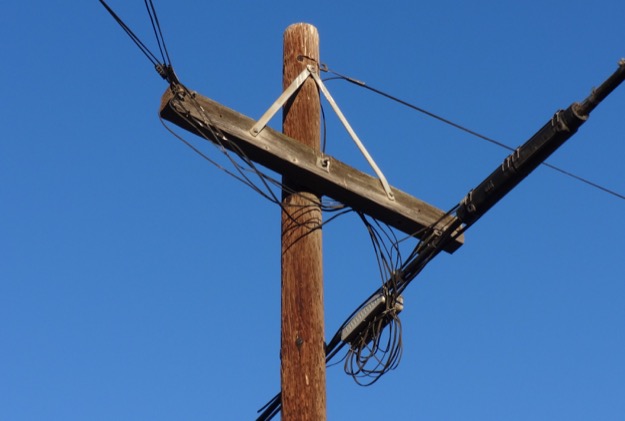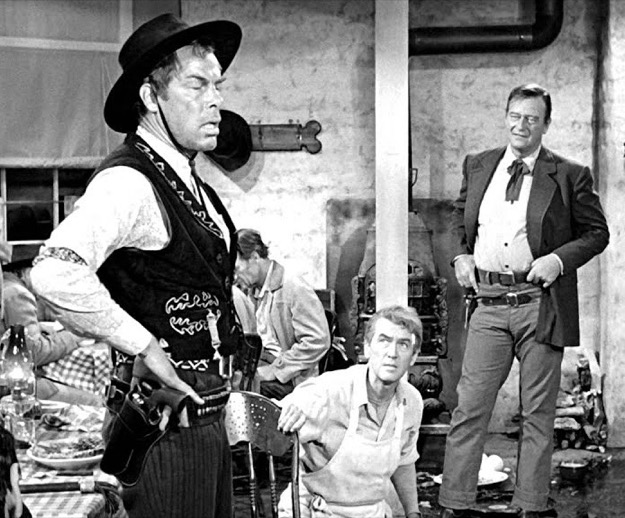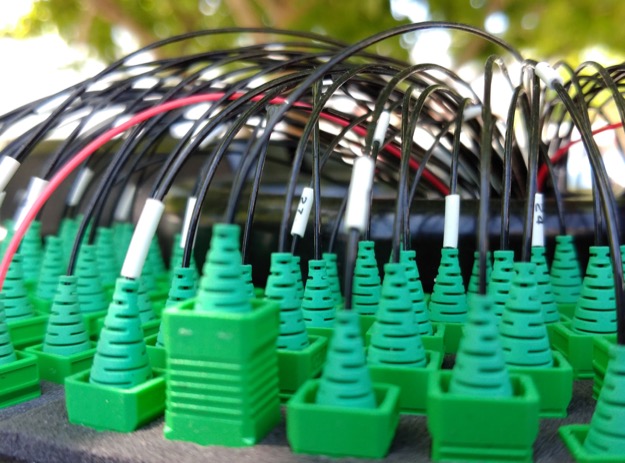California broadband subsidy bill goes from farce to tragedy as Big Telecom gets right of the first night
To ensure that money from the California Advanced Services Fund (CASF) doesn’t go to independent Internet service providers who might loosen cable’s and telco’s monopoly/duopoly grip on Californians’ broadband access, the newly amended assembly bill 570 gives incumbents a right of first refusal over any subsidised broadband infrastructure project proposed by anyone in their footprints.
A small tweak to the bill’s language gives cable and telephone companies a huge competitive advantage over independent ISPs. Current rules define grant eligibility on the basis of the infrastructure and service that’s available right now.… More


